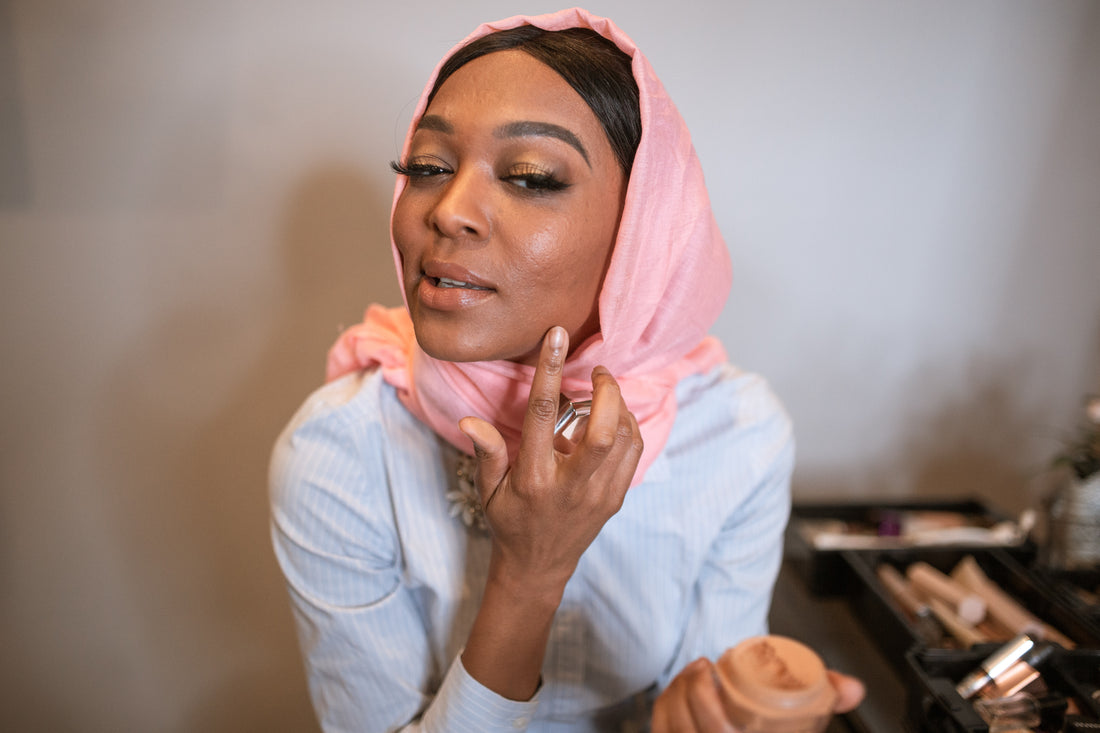
Traditional Chinese Medicine Face Map for Acne
Share
What is Traditional Chinese Medicine Face Mapping?
Struggling with acne and curious about its deeper meanings? Traditional Chinese medicine face mapping has been used for centuries to pinpoint the root causes of skin issues like acne. Face mapping connects different parts of your face to specific organs in your body, offering insights into your overall health. In this blog post, we’ll explore how Chinese medicine face mapping works and what it reveals about your skin.
The Basics of Traditional Chinese Face Mapping
Traditional Chinese medicine face mapping is an ancient technique that helps identify the underlying causes of health issues, particularly skin conditions like acne. By examining where pimples appear on your face, Chinese medicine practitioners determine which organs might be out of balance and suggest targeted treatments. In traditional Chinese medicine, each facial area corresponds to a specific organ.
If an organ is unbalanced or unhealthy, it can manifest as skin problems, such as acne. By studying the location of your pimples, practitioners can understand the cause of your acne and recommend appropriate treatments.
How to Read a Face Map
To use face mapping effectively, start by identifying the type and location of your pimples. According to traditional Chinese medicine, different facial areas correspond to specific organs, so the location of your pimples can indicate which organs may be imbalanced.
For example, red bumps on your forehead might signal that your liver needs attention. Blackheads around your chin could suggest kidney imbalance. Acne on your cheeks might mean your lungs require nourishment. By analyzing these connections, you can apply Chinese medicine principles to treat your acne.
Common Areas of Concern
Face mapping associates specific facial areas with various health issues. Here’s what to look for:
-
Forehead: Linked to digestive problems like acid reflux or indigestion. Pimples here might suggest sensitivity to dairy or other dietary triggers.
-
Cheeks: Connected to the respiratory system. Breakouts could indicate a cold or allergies.
-
Chin: Relates to hormonal issues. Pimples on the chin might signal PMS, PCOS, or other hormonal imbalances. Stress can also affect this area, so managing stress is important.
-
Nose: Associated with liver function and blood pressure. Breakouts here may point to liver health issues or the need for lifestyle changes.
-
Mouth Area: Tied to kidney function. Pimples around the mouth might suggest problems with waste and toxin filtration. Staying hydrated and maintaining a healthy diet are essential.
How to Treat Acne According to Chinese Face Mapping
Chinese medicine treats acne by linking each facial area to specific organs. By analyzing a face map and identifying affected areas, practitioners create personalized treatment plans.
Treatment options include herbal medicines, acupuncture, acupressure, dietary adjustments, and lifestyle changes. Herbal remedies can balance hormones, reduce inflammation, and boost immunity. Acupuncture and acupressure help manage stress and improve circulation to acne-prone areas. Diet modifications, such as avoiding dairy, greasy foods, and processed sugar, can prevent worsening acne. Lifestyle changes like stress reduction, regular exercise, and adequate sleep also play crucial roles in acne management.
Scientific Research
While scientific research on face mapping is limited, many experts find it useful for interpreting skin conditions based on their locations.
